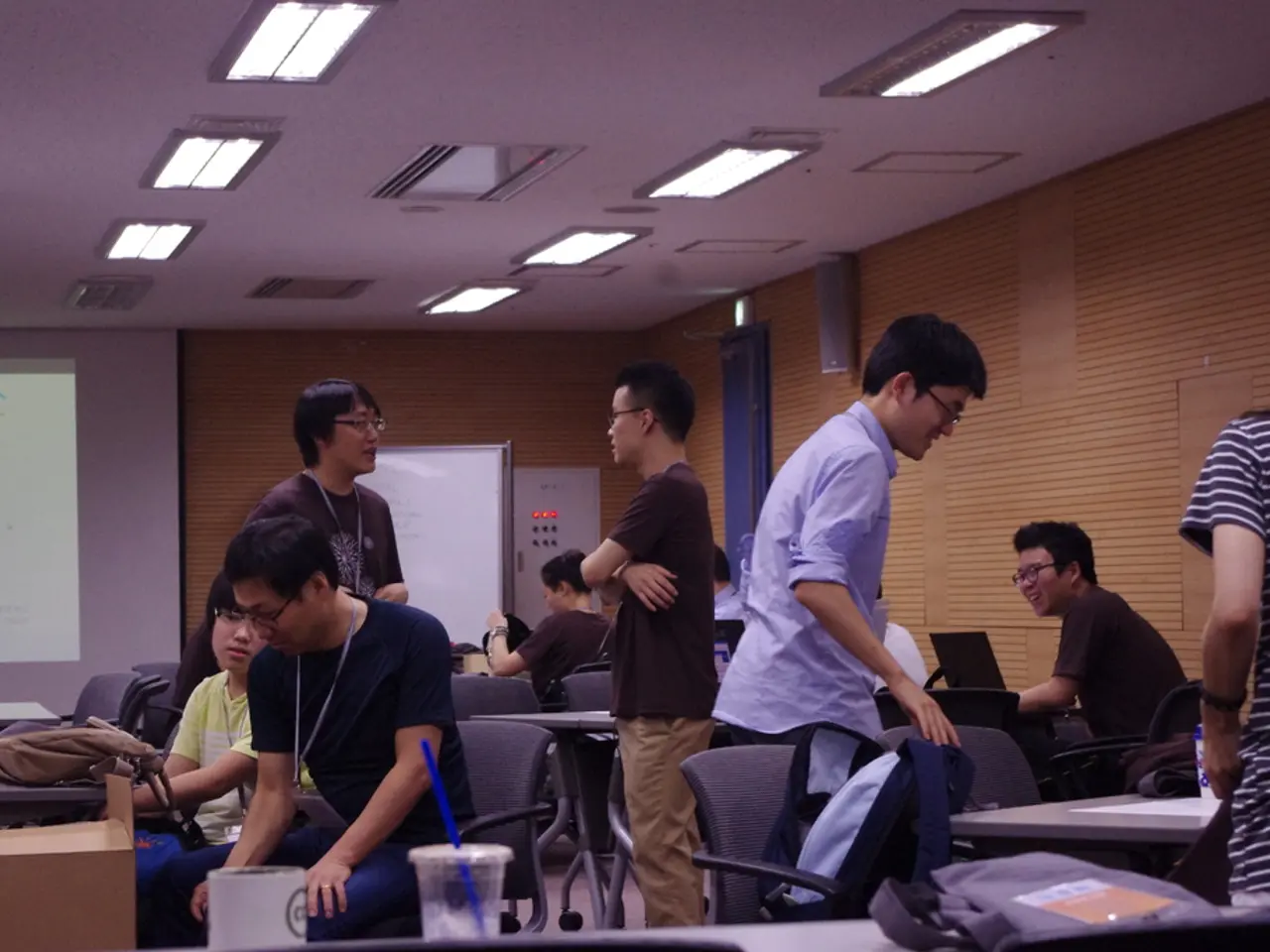Strategies for Instigating Action in High School Students: Practical Methods
Task initiation, a crucial executive functioning skill, can sometimes be a challenge for individuals with ADHD and Autism Spectrum Disorder (ASD). To help them overcome this hurdle, a tailored, structured, and supportive approach is essential. Here are some evidence-based methods that have shown promising results.
One effective strategy is breaking tasks into smaller, manageable steps, also known as Task Analysis. This method helps reduce overwhelm by teaching the individual to complete one component at a time, promoting confidence and clearer decision-making [2].
Visual supports and schedules, such as charts, checklists, and visual timers, are another valuable tool. They clarify expectations and sequences, aiding planning and reducing anxiety around transitions or new tasks [2].
Providing clear, concise instructions, whether verbal or written, is crucial, especially for children with ADHD. Short and explicit instructions help reduce confusion and support focus [1].
Establishing predictable routines creates structure that lessens cognitive load and promotes independent task initiation. Visual daily schedules are particularly useful [1][2].
Prompting with gradual fading, where caregivers or therapists guide task initiation and systematically reduce their involvement to encourage self-starting behavior, is also beneficial [2].
Incorporating reinforcement strategies, such as positive feedback, rewards, or token systems, motivate persistence and task engagement, reinforcing the habit of initiating and completing tasks [2].
Targeted cognitive training, tailored to individual cognitive deficits such as attention, working memory, or inhibitory control, can improve the executive functions critical for task initiation [4].
Practicing inhibitory control skills through games and activities like "Simon Says" or turn-taking in music can enhance the individual's ability to delay distractions and initiate tasks effectively [3].
Supporting physical wellbeing (like breaks and physical exercise) and matching tasks to the individual’s strengths also facilitate engagement and initiation [1].
The Warm-Up Routine can help individuals prepare for tasks, particularly homework or academic tasks. Teens and young adults with task initiation issues might need many reminders, delay tasks, ask for help frequently, engage in challenging behavior, or have other executive functioning deficits [5].
Parents and educators play a key role in guiding individuals to develop task initiation skills. Countdowns and timers can be useful tools for individuals with ASD, ADHD, and other unique learning needs in task initiation [5].
Helping individuals develop time management skills can enable them to prioritise tasks and manage their time more effectively. By implementing these strategies, we can provide an effective, individualized framework for improving task initiation in children or adults with ADHD and ASD [1][2][3][4].
Strategy such as breaking tasks into manageable steps, known as Task Analysis, is an effective method for promoting personal growth and learning by reducing overwhelm and increasing confidence in individuals with ADHD and ASD. Visual supports and schedules, like charts, checklists, and visual timers, aid in the development of life skills, such as planning and organization, by clarifying expectations and sequences.




